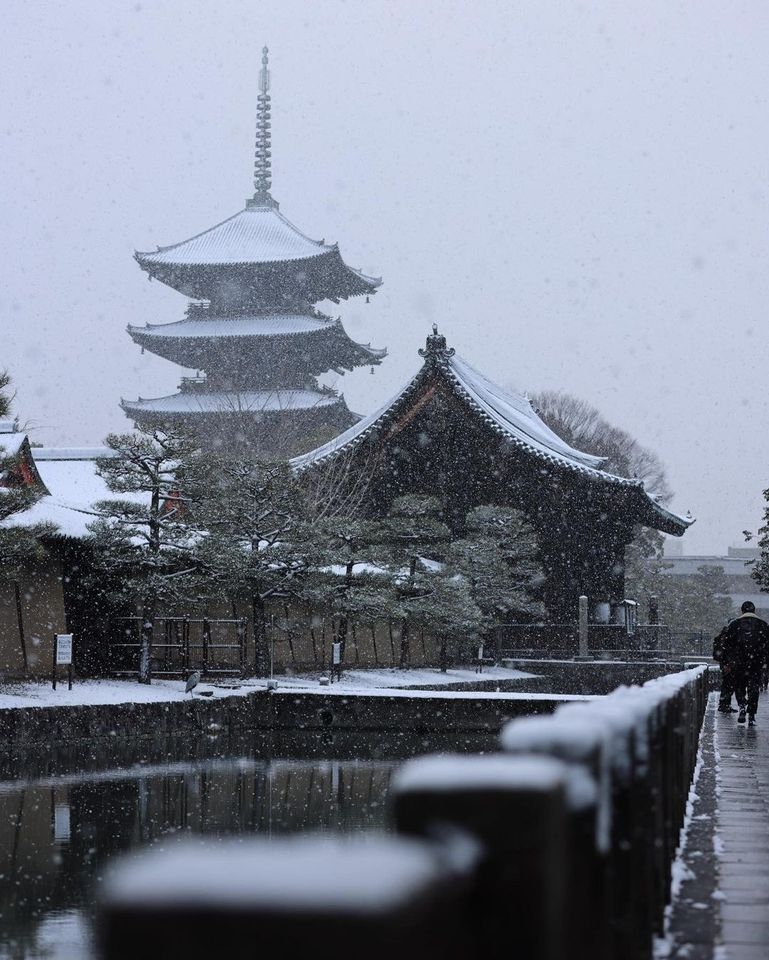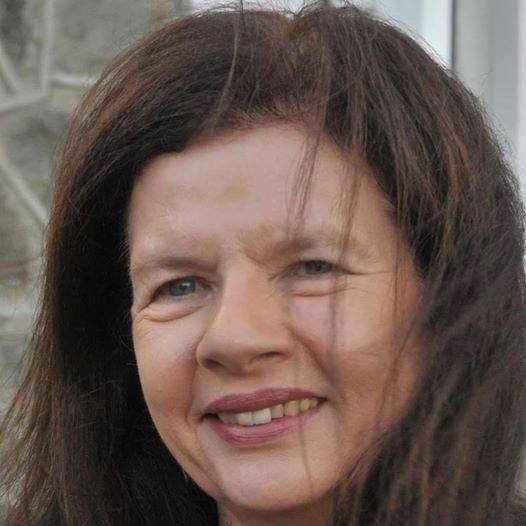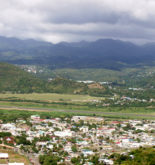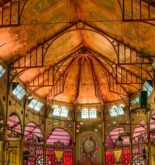In the calypso classic, Where Are They Now, two-time St. Lucian calypso monarch, T C Brown, laments how quickly St. Lucian heroes pass into oblivion. So it must be gratifying to him to witness that in recent years St. Lucia has been paying ample homage to its cultural heroes. For the last three Derek Walcott Nobel Lectures, arguably the highlight of the Nobel Laureate Festival held each year in January to celebrate the island’s two Nobel Laureates, the Festival has bucked trend and bestowed the honor of presenting the lectures on its own cultural luminaries, namely Adrian Augier, Mac Donald Dixon, and Kendel Hippolyte. Last month St. Lucia’s two leading cultural institutions—the Cultural Development Foundation and the Folk Research Center—teamed up to give Mac Donald Dixon’s fourth novel, A Scream in the Shadows, a launching befitting of the iconic cultural creator (it was a beautiful thing) who some argue is St. Lucia’s most complete artist.
Paying homage at this time to our cultural heroes is fortuitous, because the second generation of St. Lucian poets (with Derek Walcott representing the first generation), are approaching or are already on borrowed time, for most of them have already used up their allotted three scores and ten (Note, a third-generation led by internationally acclaimed poets, Canisia Lubrin and Vladimir Lucien, is in the making). None is more mindful of this reality than John Robert Lee, who, although a cultural icon in his own right, has been playing the added role of documenting, reviewing, and commemorating the island’s cultural and artistic output. He delivered a poignant tribute to Mac Donald Dixon at the launching of A Scream in the Shadows, and in January he serenaded Kendel Hippolyte’s 70th birthday with three poems.
Jane King Hippolyte, another of St. Lucia’s iconic second-generation poets, turned 70 this month. Now, being unassuming and preferring to tread softly, she may not attract as much overt attention as some of her fellow authors, but in terms of quality (if not quantity) and international acclaim, she is more than holding her own. Besides acting and directing plays, she is the author of three collections of poetry—Into the Centre (1993), Fellow Traveller (1994), and Performance Anxiety(2013). She is a recipient of the Witter Bynner and James Michener creative writing fellowships; she won the 1990 M&C Fine Arts Award for poetry, and was awarded the James Rodway Memorial Prize and the Commonwealth Writers’ Prize for the Canada and Caribbean region for Fellow Traveller.
Jane King’s husband, Kendel Hippolyte, by virtue of recognition, stature, and artistic discipline, may be regarded as the crown prince of St. Lucian poetry. If so, on her own merits Jane King is clearly the crown princess. Therefore, it is only fitting that, as he did for Kendel, Robert Lee commemorates Jane’s rite of passage into borrowed time.
He doesn’t disappoint. True to form, below the poet who doubles as a journalist, librarian, and literature and theatre reviewer, serenades Jane King’s 70th birthday with an engrossing poetry collage.

The earth will not be entered by my hoe, it cannot conceive
that I can truly want its syllables of roots, its language
of firm green shoots that climb from it with confidence and with trust.
A stranger here, my seeds grow weak-kneed, if they grow, and lack truth.
No one believes them, their garbled pidgin making them the village idiots.
And man is yet another flower
that buds and bursts and bursts to bud again,
a wondrous sunblossom
that blooms and blows and blows to bloom again,
a cock of paradise,
that preens to flash and fade and fades to flash again —
and in the fade and bud, that blow and bloom, that burst and flash,
this manbird flowers forth to catch the sun
to hold the fire
to fill its petals with the ever lasting light. Praise God.
O let there be compassion.
Let us care to love each other.
Let us dare to love each other.
The brittle penny of the world’s peace is now the only legal tender,
and we yearn beyond our rationed desires.
Like a firework, O God, we burst at the height of our flaming powers,
shatter into brittle sparks of ash, sad remembrances of light that once
was shooting star,
and abruptly fall away to nothing in the encompassing dark.
Poems are like children. Conceived in mystery,
our minds lost in strange passions, they arrive
to be fussed over, pinched, hugged and worried;
dressed up, dressed down, straightened out, set clear
on ways of speaking (they’ll bear their own
subtleties & indiscretions, make their own intrigues, stir gossip);
we compare them to others’ children, are aggressive
for their success, fear namelessness in their failure,
excuse all weaknesses, despair over their future,
humiliate ourselves to get them good recommendations.
Then, we fight to let them go, fall where they may,
make their way, shape their world, talk their
jargon, hope they’ll be found honest. It is certain
that life’s not an open book: the plainest face withholds
founts of sly metaphor & all sorts of reversing symbol.
“to every line there is a time and a season.” (DW)
When have I not measured this land by your lines?
When have I not tracked blue-smoke pits to their river-stone roots by
your metaphor?
When have I not walked, Walcott, by your fire-scorched love, through
uptown lanes
of old Castries, strolled the revolving corners of Chaussée, Coral, Broglie,
Victoria?
You leave us your covenants with the everlasting fretworked eaves
of Riverside Road, gommier canots and their men from Dauphin to Vieux
Fort,
the epiphanic groves of Mon Repos, the stone chapel of Rivière Dorée, the
turning leaves’
whispering of Methodist hymnals on Chisel Street.
It’s what’s left, at the end of the line (I imagine you insisting) that scans
our lives,
marks our season’s faith, and amortizes all indentured loans.
My heart holds rooms I’ve never entered
doors concealed, secret entrances
sudden corners turning to knobs without keys —
O, some chambers I know familiar
favourite window seats, corner desks, comfort stations
boudoirs of great pleasure
and sacred crypts, twilight zones, forbidding cells
dread dungeons deep under dreams—
we return, never the same point,
that’s gone, that’s passed
but a familiar conjunction,
place, person, angled commemoration
unsettling déjà vu—
from the hours’ spiraling edge, I call you
to mind, to heart, to touch ghosts
in the stairwell, serious roots thrusting
us around today, tomorrow
to come here again yesterday, another furrow
another spiral turning up the past.
And I see I have gone to fictions of memory
asking of love now
as a man searches the warm ashes of a long marriage
to find again, if he can, the first coal,
glowing infatuation,
and under inquisition to seek out
what do we love, if we love and how doubt that we love?
Yes, I would Sabbath Wednesday
proclaim procession through old parts of town
place shrines of palm booths under verandahs’ ancient fretwork
and players of instruments at random corners..
“Were your life and work
simply a good translation?” – Derek Walcott (The Prodigal).
A translation, Derek, of a kind of odyssey?
Of how I passed and am passing
through this island town
parish of an archipelago nation,
crafting canticles of what I see
metaphors to chant in Kwéyòl melodies
of applauding hordes of surf
cresting the ample bosoms of bays….

(All excerpts of poems by John Robert Lee from his Collected Poems 1975-2015, Peepal Tree Press, 2017.)
About John Robert Lee
John Robert Lee is a Saint Lucian poet, journalist, and librarian. He reviews literature and theatre for local, regional and international print and on-line journals. His poetry and short stories have been widely anthologised. His two latest collection of poems, Collected Poems, 1975–2015 (2017), and Pierrot (2020) were published by Peepal Tree Press. Other publications include Saint Lucian Writers and writing: an author index of published works (Papillote Press 2019); and Saint Lucian Literature and Theatre: an Anthology of Reviews (compiled and edited with Kendel Hipolyte, CDF 2006). A graduate of the University of the West Indies, Lee has taught literature, creative writing and library science for many years. He has also worked as a journalist in newspapers, radio and television. He lives in Saint Lucia.
Other Recent Tributes Robert Lee
Poems for Kendel at 70
A Tribute to Mac Donald Dixon
![]()



